Topic : Save the Earth
Aims:
To develop communication skills;
To improve critical thinking;
To help children to understand the importance of saving the planet;
to develop socio-cultural competence and cultural awareness;
To enlarge their knowledge about the Earth’s problems and threatens;
To develop their ability to use technologies right;
To explain them our responsibility for the water and air pollution
To help them to improve their speaking skills based on the words of the topic
Expecting results:
By the end of the lesson pupils will have an opportunity
to speak about environments and answers teacher’s question
to work in small groups and express their opinion about the problem
make up their own solutions to save our Planet
find out something new about natural pollution
using grammar and vocabulary of the lesson
complete and finish the sentences
Equipment: the map of Earth, cards with natural pollutions, short videos about the pollution. Presentation about different pollutions
Procedure
Introduction
T: Good morning, children. Is anybody absent? I ‘m very happy to see you today.
Main part
1)listening
Today we have important and useful topic. Can you guess the topic from this short video? I hope it will be interesting for you!
(children watch this short video and give their ideas. Teacher writes them down on the blackboard.)
Speaking
T: And now as you understood we will speak about our Earth, its pollution and ecological problems.
T: So what ecological problems do you know?
P: Global warming, deforestation, transport
T: Of course, you are right. Who knows the others?
P: litter problem, greenhouse effect
T: may be radiation?
P: yes, and water, air and land pollution
T: who suffers from this pollution?
P: I think – animals, especially endangered spieces
T: and what about people?
P: I consider they are too. they have serious health problems, eat poisonous food, drink dirty water.
T: And now look at the blackboard and try to tell me are these ideas useful for people?
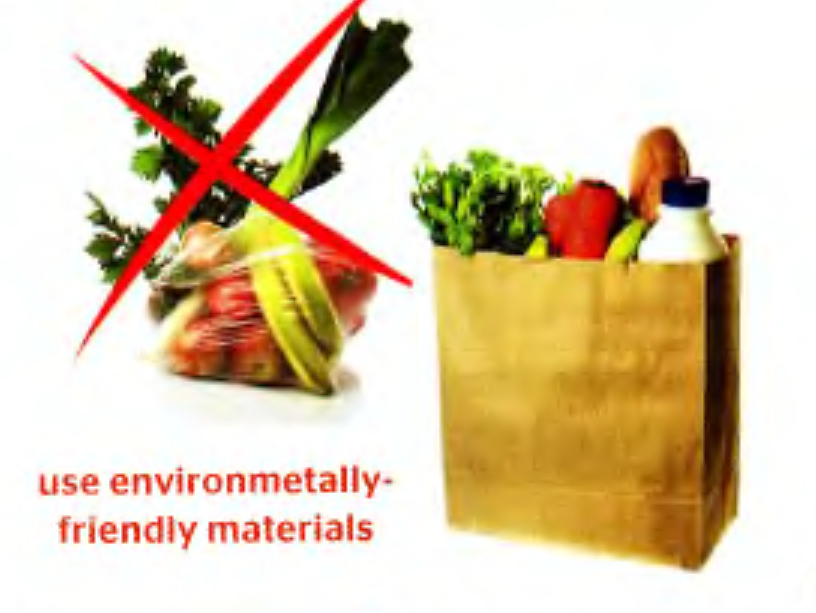
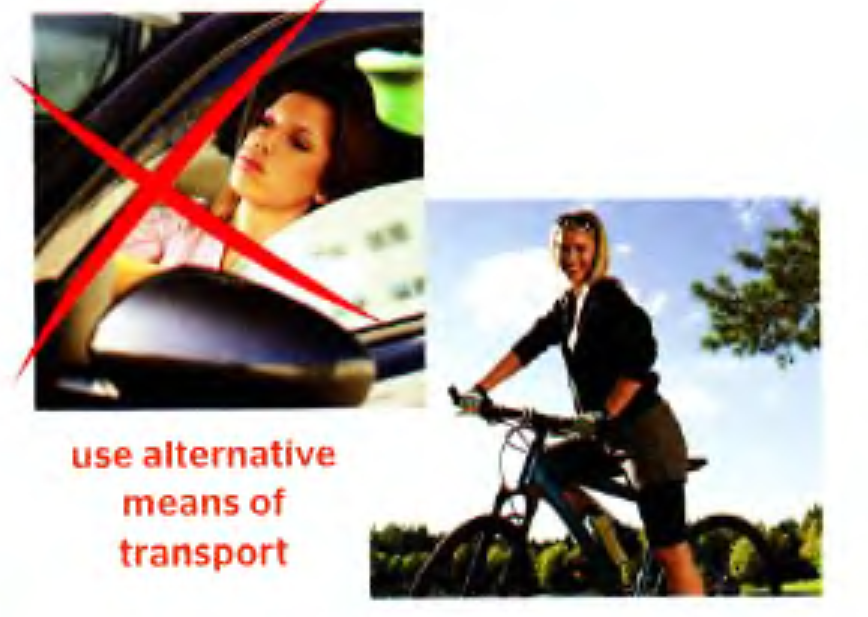
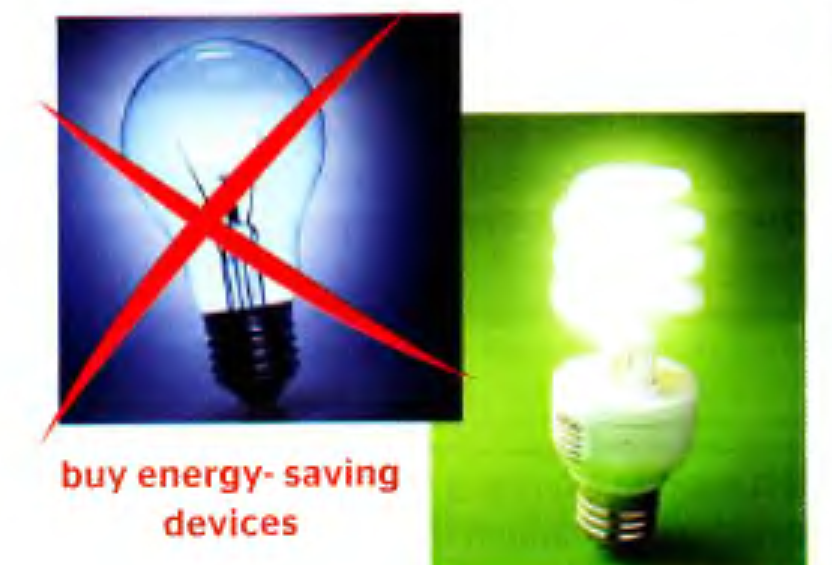
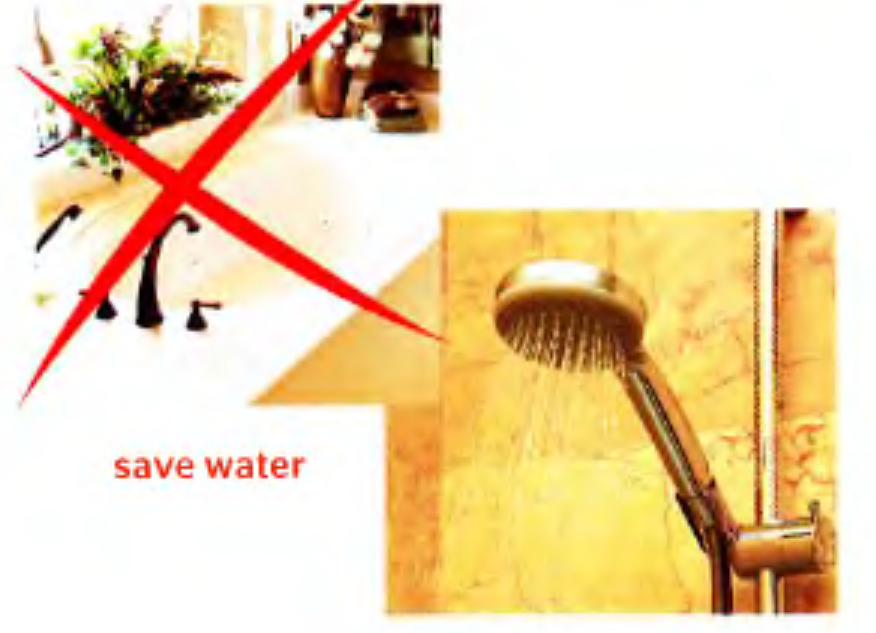
T: 1)What of these ideas do you usually use at home?
P: my family I always buy saving devices, and we don’t leave the light in the rooms, when we are not there
P: as for me I prefer to ride a bike, but my father likes driving a car
P: I like taking a shower to a bath
| Reduse, reuse, recycle, cut down on, Destroy, dump, save, pollute, protect, throw away, damp, harmful | In my opinion, it would be best to, I think that, is also, as far as I know, would make the less impact on the environment |
T: so the next part of the lesson is to make up our own sentences with the words on the cards which can you find on your desk
3 reading
Teacher explains students are going to find out more about pollution and
suggests reading a short article for more information.
(the teacher gives the cards with the text to pupils.)
Environmental Pollution
People have always polluted their surroundings, But until now pollution was not such a serious problem. People lived in uncrowded rural areas and did not have pollution – causing machines. With the development of crowded industrial cities which put huge amounts of pollutants into small areas, the problem has become more important. Automobiles and other new inventions make pollution steadily worse. Since the late 1960’speople have become alarmed with the danger of pollution.
Air, water, and soil are necessary for existance of all living things. But polluted air can cause illness, and even death. Polluted water kills fish and other marine life. On polluted soil, food can not be grown. In addition environmental pollution spoils the natural beauty of our planet.
Pollution is as complicated as serious problem. Automobiles are polluting the air but they provide transportation for the people. Factories pollute the air and the water but they provide jobs for people and produce necessary goods. Fertilizers and pesticides are important for growing crops but they can ruin soil.
Thus, people would have to stop using many useful things if they wanted to end pollution immediately. Most people do not want that of course. But pollution can be reduced gradually. Scientists and engineers can find the ways to reduce pollution from automobiles and factories. Government can pass the laws that would make enterprises take measures for reducing of pollution. Individuals and groups of people can work together to persuade enterprises to stop polluting activities.
Post-reading
T: Now the work in pairs. You need make up 6 questions to these text and write down them in your copy books, after you should ask your classmate answer them
T: try to remember the end of these phrases and make up your own sentences using different times
- uncrowded….. natural…..
- necessary for….. provide…..
- cause…… necessary….
- make pollution…. Growing….
- polluted…. Ruin…..
4. Watching a presentation
T: Now let’s have an excursion around our Planet and Let’s sum up the text and fill in the table.
| Water pollution |
|
|
| Air pollution |
|
|
| Soil pollution |
|
|
| radiation |
|
|
| Global warming |
|
|
| deforestion |
|
|
| transport |
|
|
Then pupils make up sentences about the pollution using the information
they have found.
5 compare pictures use the language below
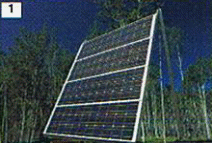
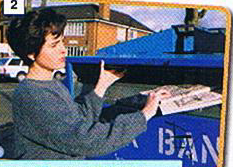
| Solar panels Save energy No produce pollution Save your bills Installation cost a lot
| Recycling bins Save natural resources Save energy Save space in landfills Prevent waste |
6 Summing-up
T: So, let’s sum-up. What did you find out about pollution? what can we do to save our Planet? What types of pollution do you know? Your marks are…
7. Home assignment
T: Write a short composition “What can I do for my planet?”.






























